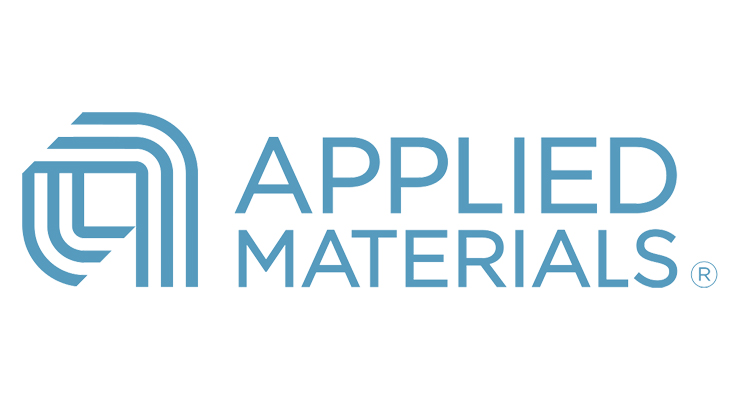(The article is from Austin Business Journal, copyright belongs to owner. If we inadvertently infringe the copyright of intellectual property from any media, company, enterprise or individual, please contact us and the content will be deleted within the specified time.)
Applied Materials Inc., a global supplier to the semiconductor industry, is considering a $2 billion project in a suburb northeast of Austin as the region becomes a hotbed for chipmakers and the businesses that provide them with machinery and materials.
The Silicon Valley-based company, which has played a key role in Austin’s semiconductor sector since the 1990s, may put a manufacturing and research and development facility in Hutto, multiple sources said, where it could create more than 800 jobs over the coming decade.
A final decision has not been made and Applied Materials (Nasdaq: AMAT) is said to be considering other locales for this project.
Hutto leaders recently divulged details of an economic development prospect called “Project Acropolis.” The project was said to represent a manufacturer in the semiconductor industry looking to build on 450 acres at the Hutto “megasite,” a roughly 1,400-acre greenfield site along U.S. Route 79 that is primed for development.
Hutto officials did not name the company during the meeting, and have declined to provide additional details, cautioning that talks regarding incentives are ongoing and terms of any deal might change. Representatives for Applied Materials did not return requests for comment by publication time.
The initial capital investment for Project Acropolis would start at $340 million and ramp up to $2 billion over a decade, including the costs of land, machinery and more, according to public officials. It could create more than 800 jobs in fields such as operations, robotics, engineering, computer science and administration, with an average salary exceeding $100,000 plus benefits.
This potential project comes as some of Applied Materials’ largest clients zero in on the Austin metro amid a federal push to bolster U.S. chipmaking capabilities. Applied Materials sells to the likes of Samsung, Taiwan Semiconductor Manufacturing Co. and Intel Corp.
It also fits into a trend of large tech companies taking an interest in Austin’s suburbs, where land is relatively cheaper and local governments have been willing to offer incentives. But such projects have also raised fears around mounting affordability and housing concerns, not to mention worries about clogged roads and other quality of life issues.
Central Texas’ rising reputation as a global chipmaking hub has many expecting the semiconductor supply chain to grow in the region. Samsung Electronics Co. Ltd. is building a $17 billion chipmaking campus in Taylor — directly east of the megasite — and Boise, Idaho-based Micron Technology Inc. (Nasdaq: MU) is considering the region for a massive project.
Applied Materials already has more manufacturing space in the Austin area than all but seven companies. It had roughly 2,800 local employees. The company, founded in 1967, established its presence in Austin in 1992. Its campus is at 9700 E. U.S. Hwy. 290. Construction began last year on a 729,000-square-foot new warehouse at the campus. In 2021, Austin City Council nominated the company for state incentives under the Texas Enterprise Fund program for the roughly $150 million expansion.
Should Applied Materials choose Hutto — which saw its population grow from 14,698 in 2010 to 27,577 in 2020, according to U.S. Census Bureau figures — it would add to the sense that the Austin area is becoming the “new center of gravity” for critical tech in the country.
In addition to Samsung’s forthcoming plant in Taylor, Tesla Inc. recently began manufacturing at its $1.1 billion plant in eastern Travis County. Business and government leaders have indicated many more electric vehicle and semiconductor companies are eyeing space on the outskirts of Austin.
Hutto in recent months has attracted manufacturers such as Kval Inc., which makes machines and software to manufacture doors, and Ovivo Inc., which will produce parts for its water filtration technology. Those two companies could create upward of 150 jobs in the city by 2028.
But the 1,400-acre Hutto megasite has remained empty, as officials have searched for the right company and continued to get the land shovel ready. Numerous companies have expressed interest in the site, including Tesla, which eyed the property as far back as 2014 for a battery plant.
Another unnamed company was said during the Jan. 31 meeting to be considering the megasite. Labeled “Project D12,” it was described as an electric vehicle manufacturer eyeing roughly 140 acres next to Project Acropolis.


